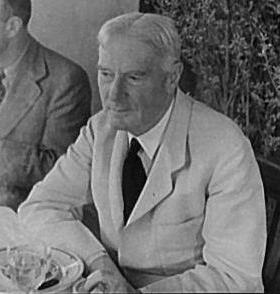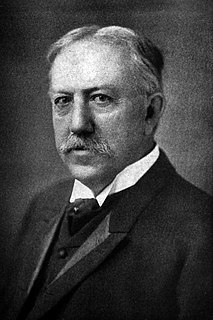A Quote by Thomas Jefferson
The most successful war seldom pays for its losses.
Related Quotes
The Constitution supposes what the history of all governments demonstrates, that the executive is the branch of power most interested in war and most prone to it. It has accordingly with studied care, vested the question of war in the legislature. [If a president is successful in bypassing the Congress] it is evident that the people are cheated out of the best ingredients in the government, the safeguards of peace which is the greatest of their blessings.
The Forgotten Man... works, he votes, generally he prays-but he always pays-yes, above all, he pays. He does not want an office; his name never gets into the newspaper except when he gets married or dies. He keeps production going on.... He does not frequent the grocery or talk politics at the tavern. Consequently, he is forgotten.... All the burdens fall on him, or on her, for it is time to remember that the Forgotten Man is not seldom a woman.
Natural Giving: Anything we do in life which is not out of that energy, we pay for and everybody else pays for. Anything we do to avoid punishment, everybody pays for. Everything we do for a reward, everybody pays for. Everything we do to make people like us, everybody pays for. Everything we do out of guilt, shame, duty, or obligation, everybody pays for.
































